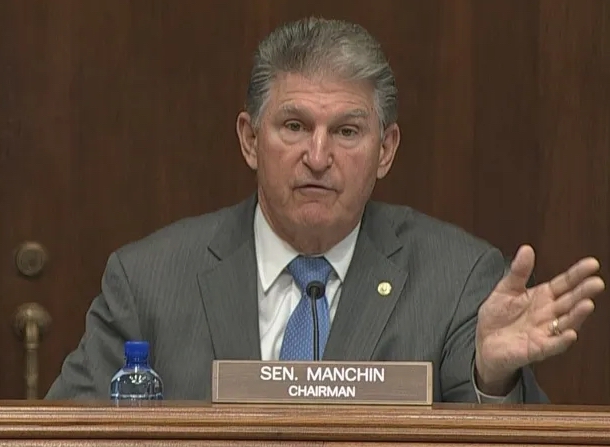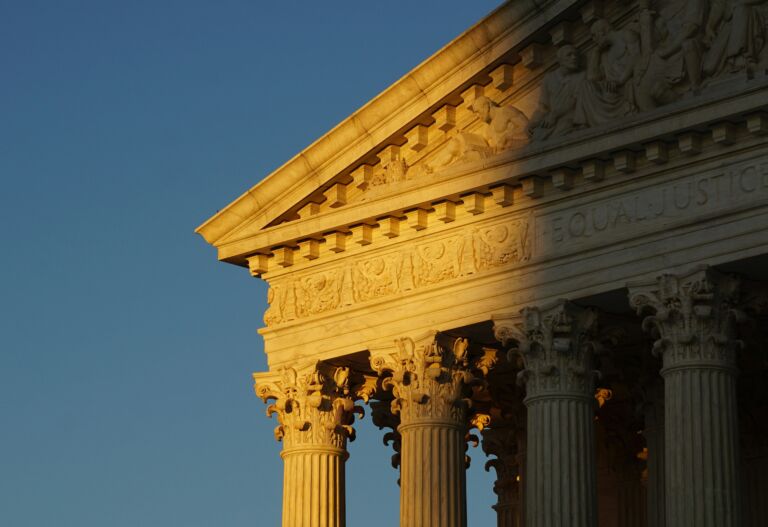On March 24, Wake County Sheriff Gerald Baker announced his office was suspending all pistol permit and concealed-carry services. The suspension would last through April 30, he said.
The sheriff cited two reasons for the sudden decision: his office is receiving too many applications to process, and they’re worried about the coronavirus.
There’s a big problem with this announcement: Baker does not have the statutory or constitutional authority to make that decision. North Carolina is a shall-issue state, and the sheriff’s office is required to respond to a permit request within 14 days.
Baker’s rash move highlighted an issue already hotly debated in other states, and that debate is coming here.
How “essential” does your government consider your Second Amendment right to own firearms?
Can you purchase them in a time of emergency?
Are stores still allowed to sell them?
In states and local governments whose executives have issued orders for “stay at home,” “shelter in place,” or other euphemisms for “lockdown,” they have exempted people who work for “essential” businesses. That designation varies from district to district, and the announcements are sometimes so vague they provoke a great deal of argument.
This is no small matter: Being labeled “nonessential” can very well be a death sentence for your business. It means your employees are out of jobs, your suppliers are losing customers, and your community is losing your services and tax revenues, too.
State law seems clear, but is it clear enough?
North Carolina law stipulates that even under a declared state of emergency, municipalities and counties are not authorized to level “prohibitions or restrictions on lawfully possessed firearms or ammunition” even as they can prohibit “the possession, transportation, sale, purchase, storage, and use of gasoline, and dangerous weapons and substances.”
That stipulation came about after the U.S. District Court Case of Bateman v. Perdue (2012), which held that state emergency restrictions against firearms as included among other restricted “dangerous weapon[s]” violated the plaintiffs’ Second Amendment rights. Of note in this discussion is that the judge, Malcolm Howard, was troubled by this fact:
Acting pursuant to these statutes, government officials may outright ban the possession, transportation, sale, purchase, storage or use of dangerous firearms and ammunition during a declared state of emergency even within one’s home “where the need for defense of self, family, and property is most acute.”
His quoted portion is from the U.S. Supreme Court ruling in District of Columbia v. Heller (2008).
The State of North Carolina didn’t appeal this decision. The effect of the decision and the change in law is to be very suspicious of any closing gun stores or restricting gun and ammunition sales. As the University of North Carolina’s School of Government explanation puts it,
Cities and counties cannot close gun stores or limit their hours of operation unless those same restrictions are applied equally to other businesses and retail establishments (in other words, gun stores cannot be singled out).
But as we’ve seen, restrictions aren’t applied equally to business and retail establishments. Essential businesses aren’t shut down. Judge Howard’s rationale here is convincing, that prohibiting even the sales of firearms and ammunition during an emergency violates the very core of an individual’s right to self-defense.
They’re essential, so just say it
All signs point to gun and ammunition stores as essential businesses, alongside such things as hospitals, grocery stores, pharmacies, long-term care facilities, banks, gas stations, hardware stores, construction trades, mail and shipping, etc.
But with Sheriff Baker’s action in mind, which was said to have been made after consultation with his office’s legal staff, it’s best for a fundamental civil right not merely to be strongly implied. Make it explicit and remove a lot of uncertainty.
After all, one of the stated reasons for Baker’s move is the sudden spike in demand for guns. No doubt one reason for this is uncertainty about the future availability of firearms for purchase. Gun sales always spike when people suddenly fear imminent political actions to restrict guns. There is also greater uncertainty because of this open-ended emergency. People have many reasons to be concerned, even if many of their fears are overblown.
Their reasons ultimately don’t matter. Whether people are worried about being able to defend themselves at home, “where the need for defense of self, family, and property is most acute,” or whatever other thing is spurring their interest, they are certainly entitled to owning, selling, and purchasing firearms and ammunition, regardless of a declared state of emergency.
To allay their fears, state leaders should make it explicit that firearm and ammunition sales and purchases are essential in an emergency because they protect fundamental civil rights.
In the meantime, if a bureaucratic permitting process is leading to lengthy lines and delays, perhaps it’s time to revisit how that’s done as well.


